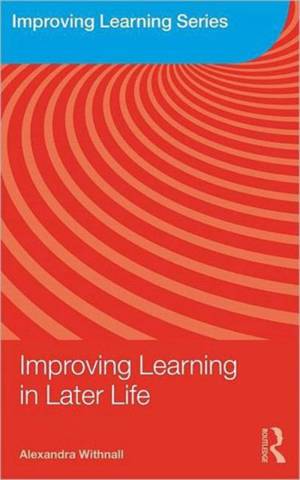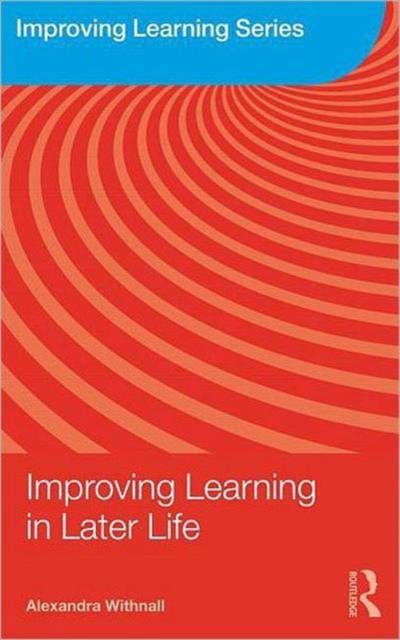
- Retrait gratuit dans votre magasin Club
- 7.000.000 titres dans notre catalogue
- Payer en toute sécurité
- Toujours un magasin près de chez vous
- Retrait gratuit dans votre magasin Club
- 7.000.0000 titres dans notre catalogue
- Payer en toute sécurité
- Toujours un magasin près de chez vous
Description
With life expectancy increasing, there is growing emphasis on encouraging older people to continue learning. This comes as part of a strategy to allow them to remain healthy, independent and vitally engaged in society for as long as possible. All the same, policymakers have barely begun to address the issues involved and the perspectives of these learners. This book presents insightful research that will help shift the focus of debate onto the learning experiences of older people themselves. It offers a critical overview of the development of theoretical and philosophical approaches to later life learning that have developed over the last three decades, drawing on published work from the USA, the UK, Australia and other countries. It documents the individual experiences of older people through a variety of methods, including:
- Focus group discussions
- Learning diaries kept by older people
- Questionnaires considering, among other issues, older people's definition on what learning is
- Interviews and commentary
This material gives a sense of the breadth and diversity of older people's experiences, as well as the enormous range of learning activities, both informal and formal, in which they are engaged in retirement. In a climate of debate and change concerning the provision and funding of non-vocational learning opportunities for adults of any age, this study's findings will be of particular importance. It will appeal to researchers and students of education as well as those directly involved in the implementation of courses and classes involving older learners.
Spécifications
Parties prenantes
- Auteur(s) :
- Editeur:
Contenu
- Nombre de pages :
- 170
- Langue:
- Anglais
- Collection :
Caractéristiques
- EAN:
- 9780415461726
- Date de parution :
- 01-07-09
- Format:
- Livre broché
- Format numérique:
- Trade paperback (VS)
- Dimensions :
- 138 mm x 216 mm
- Poids :
- 203 g

Les avis
Nous publions uniquement les avis qui respectent les conditions requises. Consultez nos conditions pour les avis.






